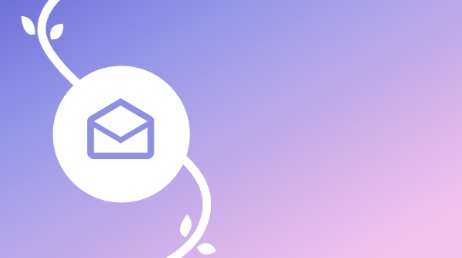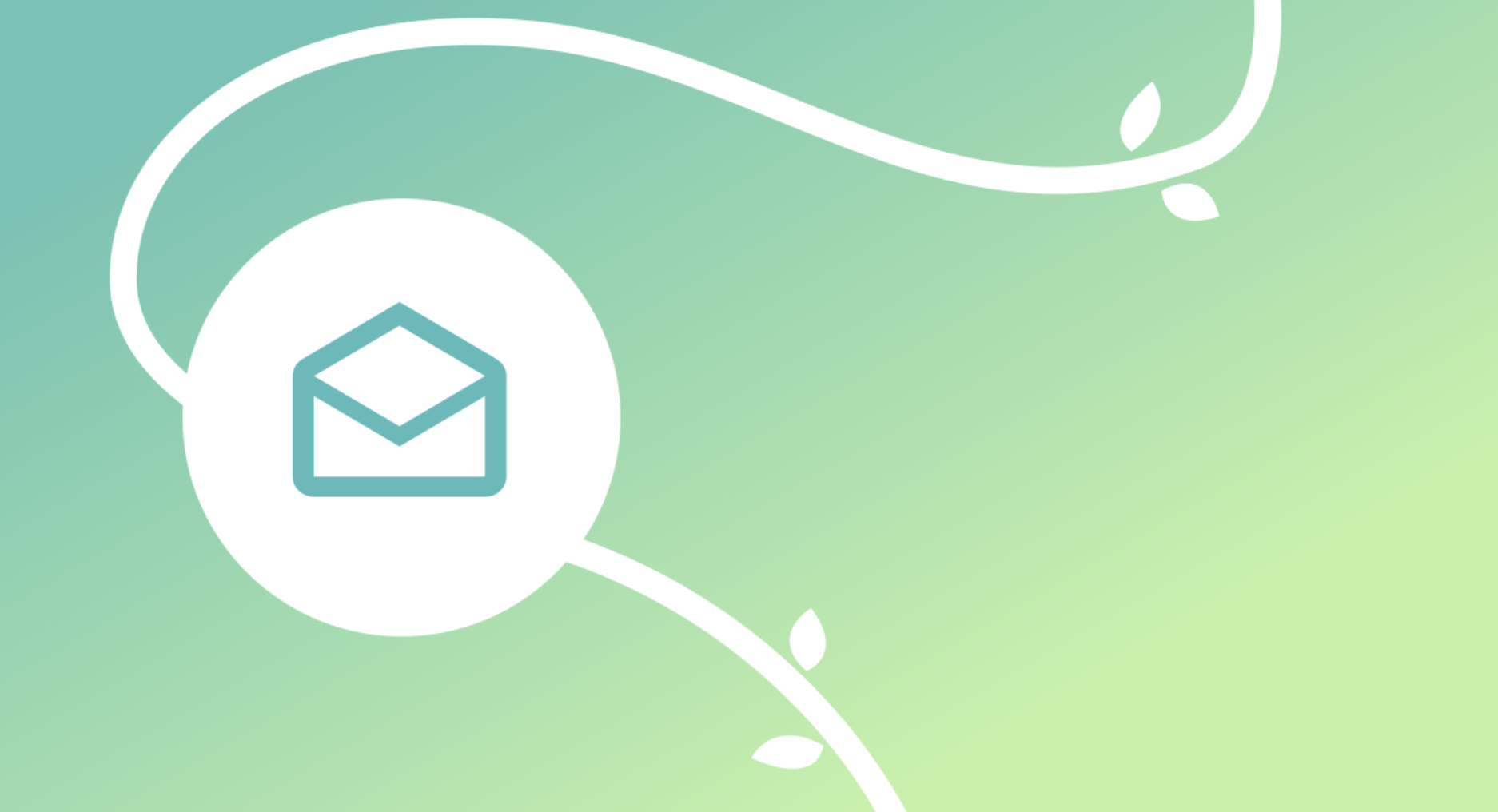Why you’ll lose (a lot of) money if you use ChatGPT for your creative

When ChatGpt came out, I was elated. I’m not scared of Elon Musk’s predictions about AI taking over (I own Alexa AND Google Home), and there are times when I don’t really like people, so the prospect of chatting with an AI seemed very exciting.
Like most people, my interaction with ChatGPT started with poems.
Here’s one about my co-founder, Karim. He doesn’t actually bully his cats, it’s just a running joke.

Further experiments with poems and jokes threw me into an existential crisis. As I was trying to find the words for the obvious limitations of ChatGPT, I found myself wondering what defines true creativity, humor, and good writing.

I think all three are impossible without an ability to make unexpected connections between seemingly faraway ideas. How can something be absurd and funny, but not nonsensical? How do we come up with metaphors that are beautiful, not superficial?

Now I’m sure there are people who are better equipped than me to describe what happens in a human brain when it creates art. In the same way that there are people who are currently working day and night to teach AI how to stop being cheesy AF. So I’ll just focus on my area of expertise as a Creative Director at an ad agency, and tell you why I think using ChatGPT is not just inefficient, but harmful to your creative process.
Reason number 1.
ChatGPT is derivative.
Yeah, yeah, yeah, nothing is new under the sun and all ideas are recycled. However, as an artist, as a writer, you learn to steal well. You take a grain of concept from one place, a method of expression from another, you add a touch of your life experiences, a spark of personality, which altogether (ideally) make your theft so unrecognizable, you wouldn’t even feel like you’re stealing.
If you haven’t been to art school, here’s your crash course on how to steal like an artist.
When I first tried to teach ChatGPT to write funny hooks for UGC ads, its attempts crushed my soul with their banality.
After hours of feeding it our funniest and best performing hooks, this is the best it came up with.
If you have any experience running ads, you know that these kinds of cliché hooks hoist your CPA to unaffordable highs.

Reason number 2
Mediocre ideas lead to pitiful ROAS.
After my initial disappointment, I downloaded every existing guide on how to properly brief ChatGPT. You give it examples of what you are striving for, you give it as much context as possible. Describe your company, your goals, your target audience, the number of characters, the structure of your desired ad.
I have found that storytelling is definitely not its strong suit, and so I focused on hooks and headlines instead.

Fail again. These kinds of structures can be found everywhere. Every young startup tries to describe their service by saying “goodbye” and “hello,” describing the thing “you never knew you needed”. We stopped trying to convince our clients not to use them; the tests speak for themselves. If this stuff ever performed well, it stopped doing so years ago.
Here’s the thing about the algorithms that try to find the right audience for your ad: if you give it a generic ad, it will fail. The more bland your ad, the more undefined is your target audience. And the more similar your ad is to other uninspired ads in the industry, the more expensive it will become.
Now multiply that by a lack of interest from your “generic” audience and you have an ad that tanks as fast as a stone dropped from a high tower.

Reason number 3
Normal is boring.
In its goal to reach the normal human forms of deliberation, ChatGPT avoids weirdness at all costs.
But grabbing attention with something perfectly normal is impossible.
Our past best performers include octopus tentacles reaching out from a washing machine, headlines written on every surface from a man’s belly to a toilet bowl (steal these ad ideas + 3 more here!), footless sneakers dancing to a jazz track, cartoon knights slaying pieces of code, and so on.
When you have only 3 seconds to get someone's attention, you better make sure there’s something shocking or fascinating to see.

“But this is direct response advertising,” you say. Please do not confuse straightforward with boring. Yes, being direct is important, but you still have to find a visual or conceptual approach that will stand out.
Anyone who was ever told “UGC always works,” will recall the drastic difference in performance for ads with charismatic actors vs. boring ones. Boring is expensive.
Reason number 4
Good writing is more than good words in a good order.
Anyone who’s interested in copywriting, has heard of Oatly.
Their ads are a joy to watch, the copy on their milk cartons makes you feel like you’re having a conversation with your favorite odd friend.
They have a distinct voice and style that is clearly recognizable enough to be studied and copied by humans. And yet the AI misses that distinction.

We get more of the tired tropes and some pieces that are directly stolen from the Oatly website.
Keep in mind that all the context in my screenshots is abridged. I fed ChatGPT tons of relevant content beforehand to help it learn, and still it missed the point entirely.
I know that it will get better. I know that not that long ago no one believed that AI could beat humans at Go, a game that is as much art as it is strategy.
However, when it comes to art, commercial art in particular, the free market rules. Which means that the rules of the game change all the time.
So even if we assume that it’s possible for AI to one day write beautiful, emotionally charged copy, the copy and the ideas that sell really, really well will always be just ahead of the learning curve.
The moment we come up with a new way to jump on an existing trend, we have a very brief timeline before someone else copies this format and before we know it, the cost of acquisition goes up and we have to brainstorm new ideas.
So can ChatGPT help you write a UGC ad script? It can.
Will it bring you decent results? Highly unlikely.
The budget spent on producing the ad and then getting it to drive conversions is much better spent on hiring a good copywriter who will come up with memorable headlines and easy to execute ideas.
Reason number 5
The use of ChatGPT destroys your creativity muscles.
A lot of the brightest minds of our generation have recently been saying that in future AI will be generating most of the content and humans will be simply consuming it.

However horrifying that future seems to me in theory, in practice we are halfway there. The content we are offered every day is polluted by mediocrity and the more of it is being created, the harder it gets to find something good. We’ve all faced this problem when we spend more time searching for a good show on Netflix than actually watching it.
Still, even on Netflix the best commercial hits have something intensely unique about them, they’re (thankfully) not just cookie cutters of last years’ hits.
So while there is a pervasive opinion that in order to get ahead, you should learn to use AI and harness its power to drive your creativity, I say your best bet is the opposite.
I think the only way to stay competitive and not get drowned in the potential future abyss of similar content is to strengthen your creativity muscles as much as possible and train your team to be efficient in relying on their own wits.
Let’s leave AI to take a crack at the big problems in genetics and climate change, while we humans continue to push the definition of weirdness and compete in pulling on each other’s heartstrings.

















